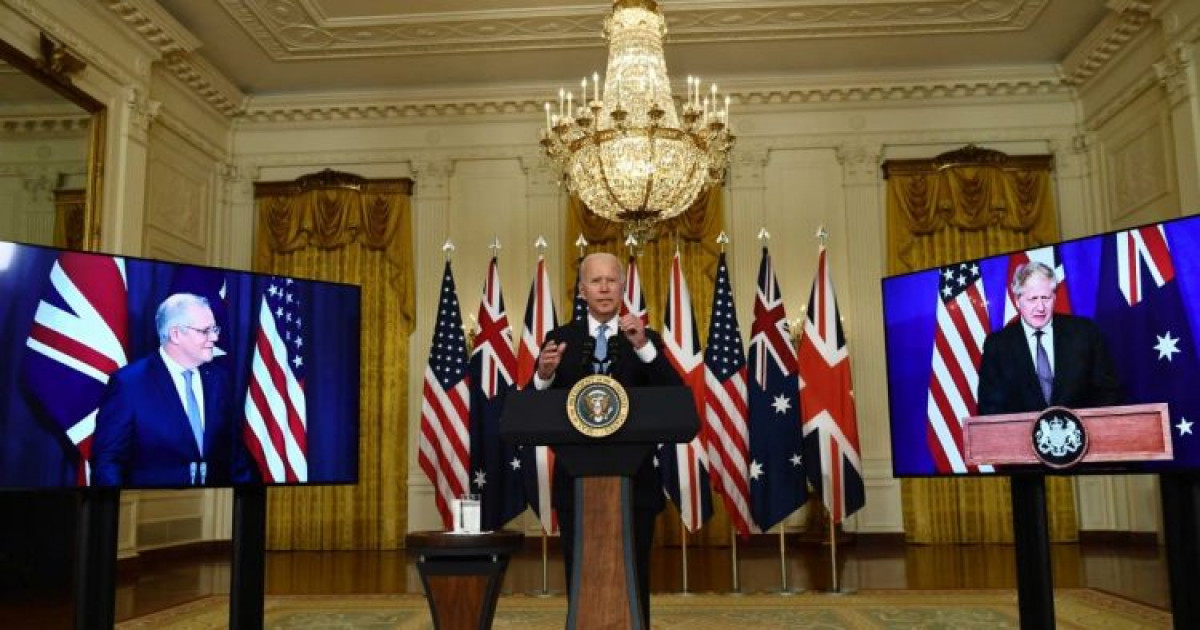 151
151
Many experts believe that internal strifes in NATO may be the harbinger of its ultimate downfall. Following the collapse of the Soviet Union, NATO’s primary goal shifted to one of deterrence, with activities merely restricted to troops stationed in Eastern Europe and military exercises around the Baltic Sea, all due to several factors, including internal conflicts among its members. NATO’s current capabilities are so poor that it has failed miserably during previous crises, and it has been utterly unable to react to security and military situations under Strategic Transformation Plan, adopted at the Lisbon Summit in 2010. Incompetence in counter-terrorism, refugee crises, socio-political instabilities, and organised crimes are only a few of NATO’s numerous failings in the face of military and security challenges in recent years. Despite the US’ leading role in NATO, Donald Trump has cast doubt on the alliance’s future existence and utility throughout his tumultuous presidency. In a controversial interview with the British Times and German tabloid Bild, Trump claimed, “I’ve always believed that NATO has a lot of basic flaws, one of which is its inefficiency.
Furthermore, member nations do not pay their due share of expenses.” Many prognosticated that NATO, and trans-Atlantic relations in general, to improve under Joe Biden’s leadership after the alliance’s turbulent period under former President Trump. However, the West’s confused and humiliating departure from Afghanistan marked the emergence of sweeping changes in NATO member countries’ relations, presenting severe issues to the coalition’s continued existence in its present shape and raison d’être. Europeans hoped that Biden’s presidency would bring back the successful history of NATO, but were quickly reminded that some of Trump’s actions were irreversible and that Europe could no longer depend solely on the United States, as they were alerted of the horrors occurring in Afghanistan.
The idea of establishing a European defence union to oppose US interventionism persisted throughout the 20th century, but it was never translated into a concrete strategy for developing and expanding a unified European military force, owing mostly to the French, especially Charles de Gaulle, who was reluctant to shoulder the burden. Following the questionable withdrawal of US troops from Afghanistan, the US, UK, and Australia signed the AUKUS Agreement, shaking the very bases of NATO’s existence. In fact, AUKUS was signed in response to China’s growing military might in the Pacific, demonstrating that even Biden is willing to create an unimaginable split between the European Union and the United Kingdom, as well as replacing Australia with the EU, posing a significant threat to the EU’s naval force. Beijing reacted strongly to AUKUS, and Elysée was enraged, expressing her displeasure with Washington’s treachery. Australia cancelled a $50 billion submarine deal with France as a result of the AUKUS, demonstrating that the US no longer prioritises the material and moral interests of EU members. Notwithstanding Washington’s best efforts, NATO is attempting to minimise disagreements over the submarine deal between France, the United States, and Australia, as well as the crises’ effect on NATO’s “military cooperation.” In response to NATO’s attempts to mend fences between Washington and Paris, the Elysée has stated that Australia made a terrible error by cancelling the 2016 submarine agreement with France.
Comment
Post a comment for this article